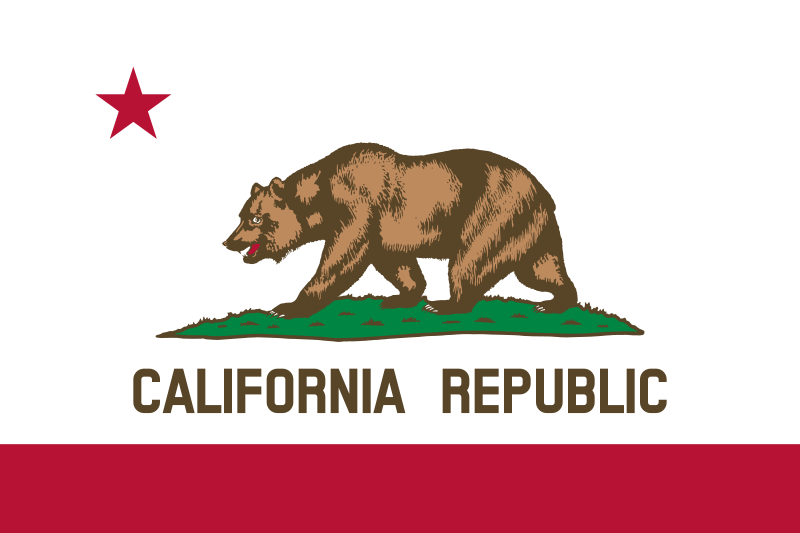California Gov. Gavin Newsom (D) signed two recall bills into law on September 30, 2022. The first bill, AB 2582, removed the replacement question of recall elections for local offices. Prior to this bill becoming law, all recall elections in California had two questions: (1) the yes/no question asking voters if they wished to recall the official and (2) the replacement question that listed candidates who would replace the official if a majority of voters answered yes to the first question.
With AB 2582, state-level offices will keep the two-question recall election, but local offices will not. Instead of having a replacement question, the offices of local officials who are successfully recalled will become vacant and will be filled according to the laws that govern the vacancy of that office. Local offices include those in cities, counties, school districts, community college districts, and special districts, as well as trial court judges.
The second bill, AB 2584, made multiple changes to the state’s recall law. The bill increased the number of signatures required on notices of intention to recall, which is the first form that must be filed in the recall process. Previously, jurisdictions with fewer than 100,000 registered voters needed 10 recall proponents to sign the notice of intention. With AB 2584, that number increased to 30 or three times the number of signatures needed on the nomination papers for that office, whichever is higher. In jurisdictions with more than 100,000 registered voters, AB 2584 requires 50 or five times the number of signatures needed on the nomination papers for that office, whichever is higher.
AB 2584 also requires recall petitions to be available for public inspection during the 10-day time period in which the election office is determining whether the petition can be approved for circulation. The law sets up a process for voters to seek a writ of mandate or injunction against the supporters’ statement on the petition or the officer’s response to the petition during that 10-day period. Voters can seek amendments or deletions. The writ of mandate or injunction will be issued only with “clear and convincing proof that the material in question is false, misleading, or inconsistent.”
AB 2584 also allows recall elections to be consolidated with regular elections scheduled within 180 days of the recall petition qualifying for the ballot, and it requires recall petitions against school board members to include the estimated cost of holding a special election for the recall.


